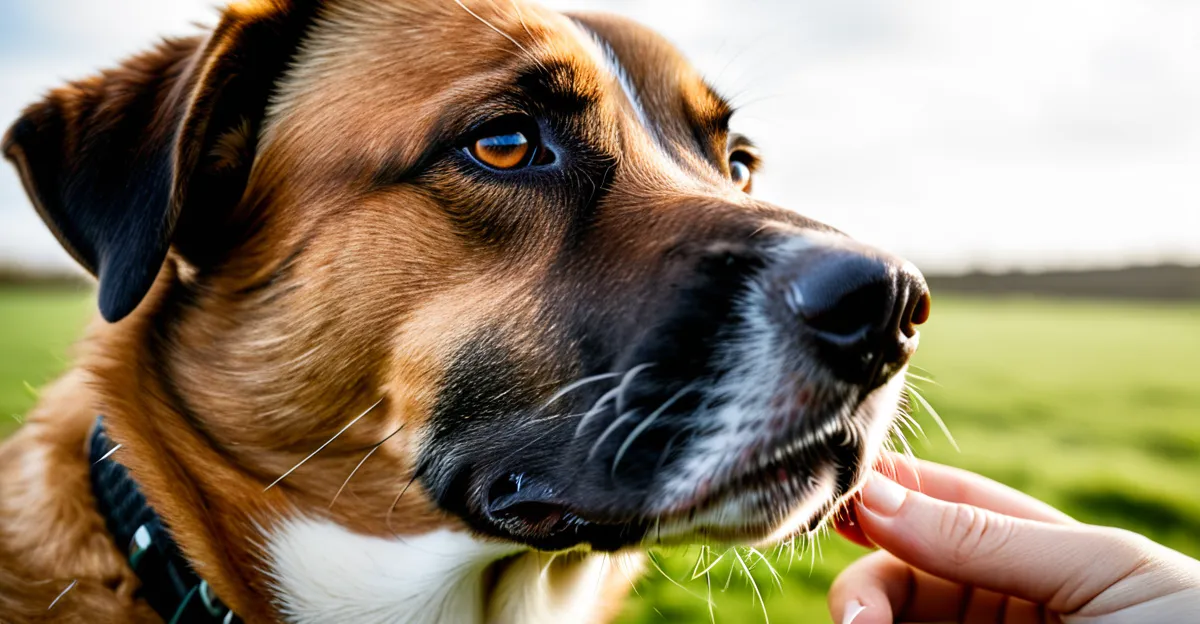Immediate Lifestyle Changes from Pet Ownership
Adopting a pet in the UK inevitably leads to significant lifestyle changes and adjustments in daily life. The integration of pet care into everyday routines requires dedication and adaptability. For many, their daily life with pets involves scheduling regular walks to maintain their pets’ physical health and mental stimulation. Feeding times become fixed points in the day, requiring consistent time management to ensure pets receive proper nutrition. Playtime is another fundamental adjustment; it not only promotes exercise but helps strengthen the bond between owner and pet.
With pet ownership UK comes increased responsibility. Many new owners find they must recalibrate their priorities because pets depend on them for care, companionship, and safety. This responsibility involves not just physical care but also emotional attention, which may affect owners’ social activities and time management. For example, spontaneous plans might be reconsidered since pets rely on their owners’ presence or require arrangements for pet sitting.
Additional reading : How Can British Pet Owners Support Wildlife Conservation?
Lifestyle changes also extend to social dynamics. Owners often find their social circle evolving as they participate in community events like dog walks or pet meetups, fostering new relationships with fellow pet enthusiasts. Moreover, pets can influence personal wellbeing by providing routine and companionship, which can positively impact owners’ mental health. Overall, adjustments to daily routines, increased responsibility, and shifts in personal and social priorities define the immediate lifestyle impacts of pet ownership in the UK.
Financial Considerations and Commitments
Pet ownership UK involves several financial responsibilities that significantly impact budgeting. Understanding typical pet costs UK is crucial for managing expenditures effectively. Owners need to plan for essentials such as quality food, regular veterinary check-ups, vaccinations, and preventive treatments like flea and worm control. These routine expenses form a steady financial baseline in daily life with pets.
In the same genre : How Can Pet Owners in the UK Ensure Their Animals Are Well-Trained?
However, budgeting for pets must also accommodate unexpected costs, which often arise from emergencies or sudden health issues. Emergency vet care, surgeries, or long-term treatments can lead to substantial financial strain if not planned for. Consequently, many pet owners in the UK opt for pet insurance to mitigate these risks. Insurance policies vary but generally help cover unexpected medical bills, providing peace of mind and financial security.
Long-term financial commitment is another aspect of lifestyle changes brought by pet ownership UK. Unlike short-term expenses, owners must anticipate ongoing costs over the pet’s lifetime, including food, grooming, and healthcare, which require regular allocation in household budgets. Being proactive in financial planning ensures that pet care remains sustainable and does not compromise other personal priorities.
In summary, pet owners in the UK should approach pet ownership with a clear understanding of typical costs, the importance of insurance, and the necessity of budgeting for both routine and emergency expenses. This financial discipline supports a healthy and stable environment for both pets and their owners.
Housing and Accommodation Impacts
Pet ownership UK significantly influences choices and arrangements around housing and accommodation. Many prospective or current pet owners face the challenge of securing pet-friendly housing UK, a critical factor in maintaining a stable living environment. Rental properties are not uniformly welcoming to pets; landlords may impose restrictions or outright bans, making the search for suitable accommodation more complex and time-consuming.
When renting with pets in the UK, tenants should carefully review lease agreements as these often include specific pet policies. These policies may cover the number, size, or type of animals allowed, and may require additional deposits or fees. Understanding these legal restrictions beforehand helps avoid conflicts or unexpected eviction risks. Legal obligations in rental agreements ensure both landlord and tenant responsibilities are clear regarding pet care and property maintenance.
Adaptations to living spaces frequently become necessary after acquiring a pet. Owners might modify their homes to create safe, comfortable areas suited for their pets’ needs, such as installing gates, choosing durable flooring, or designating pet-specific rooms. These lifestyle changes ensure pets integrate smoothly into daily life without compromising the condition of the property.
In summary, managing housing concerns underpins successful pet ownership UK by addressing the complexities of rental agreements, legal stipulations, and necessary home modifications. Being well-informed about pet-friendly housing UK options and restrictions provides a solid foundation for a harmonious home life with pets.



